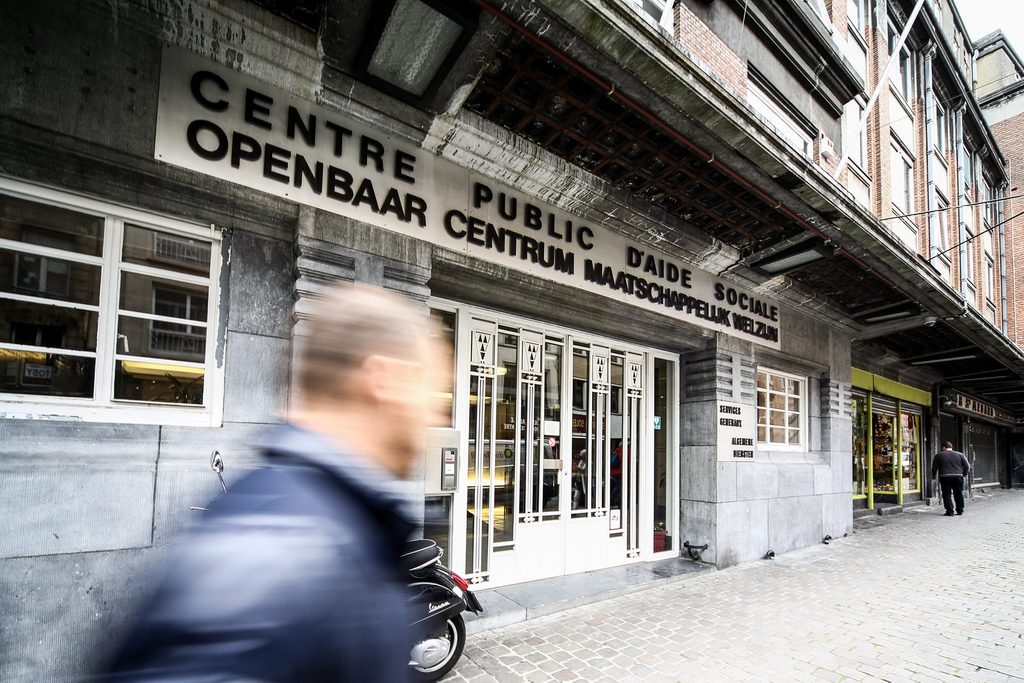Political intervention in individual CPAS (Public Centres for Social Welfare) cases must stop, argued sociologist Marjolijn Dewilde (KU Leuven) in a Chamber hearing on Wednesday about the benefit fraud scandal at Anderlecht CPAS.
She criticised the way in which local politicians can influence welfare applications. In Anderlecht, the former president has been accused of overseeing "special favours" that saw claimants granted thousands of euros with barely any checks and balances.
Dewilde also urged the negotiation team of the Arizona Government to include a statement on administrative simplification within the CPAS in future government agreements. She spoke to the Social Affairs Committee of the Chamber, which is conducting hearings on the Anderlecht CPAS case.
The sociologist says that the issues exposed by VRT at the Anderlecht CPAS are unique and not seen elsewhere in the country. She did not comment further on the alleged abuses highlighted by the Flemish public broadcaster but provided a general overview and recommendations.
A major issue facing the CPAS system is the continuous rise in beneficiaries. This puts a greater administrative burden on the public authority and makes it impossible to provide individual follow-ups for all cases, as the law requires. Dewilde stressed the need for administrative simplification and noted that each case reviewed by the politicised Special Committee of Social Services requires half a day of work.
Related News
- Benefits fraud scandal: Former president of Anderlecht CPAS denies cronyism
- Anderlecht benefit fraud: CPAS presidents fail to attend Parliament hearing
This process is cumbersome and estimated to cost around €10 million in attendance fees, likely an underestimation. Dewilde suggested that half of the cases could be processed administratively, without home visits, freeing up time for personalised case management. Political control over casework should be eliminated.
Her research indicates that around 300,000 people entitled to integration income are not receiving it. A 2014 study by the SPP Social Integration found that social fraud concerning integration income affects 5% of cases.
Dewilde cited the Netherlands as an example, where an external collaborator, such as a lawyer, handles tasks that in Belgium are assigned to the Special Committee of Social Services.

